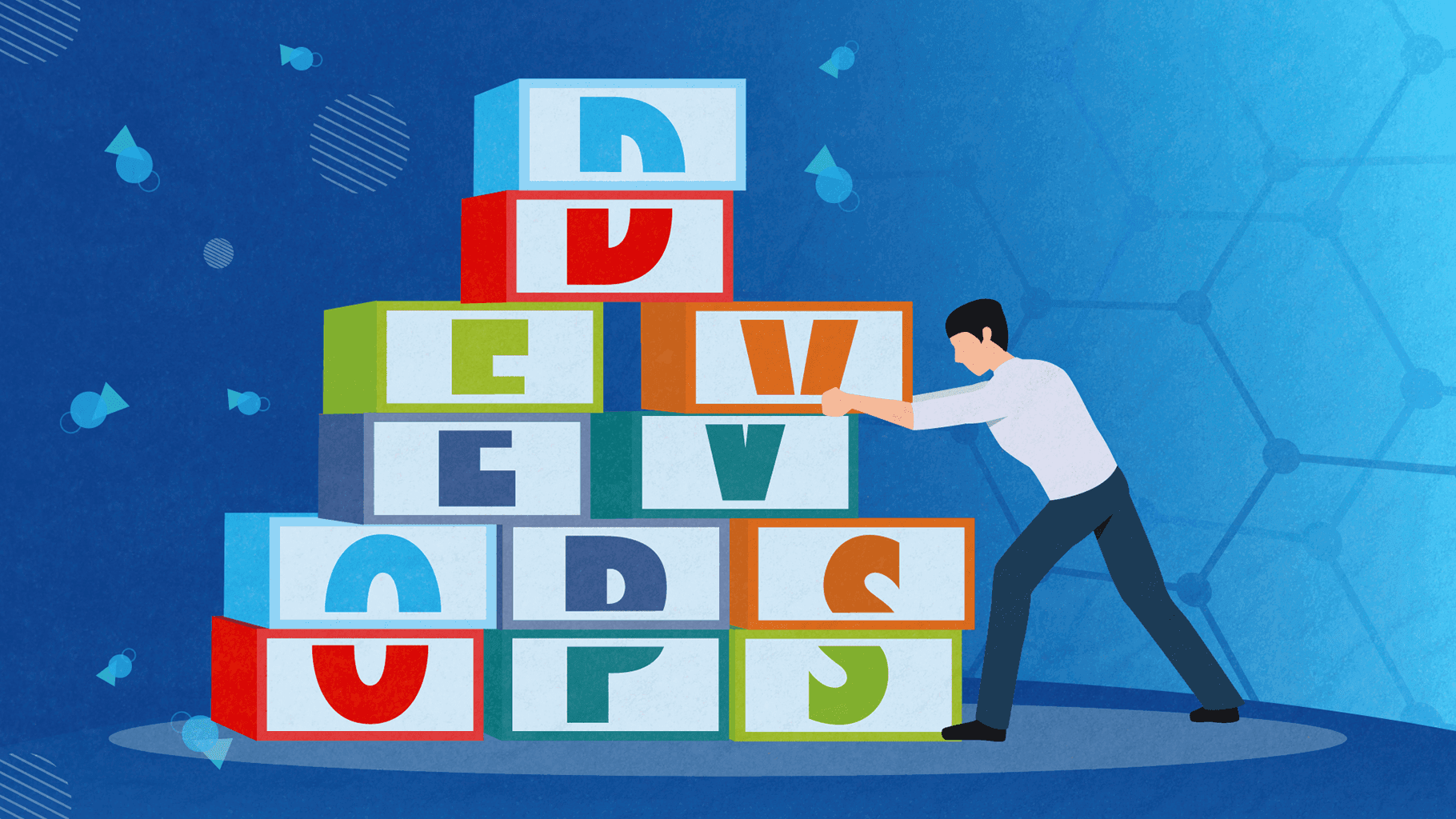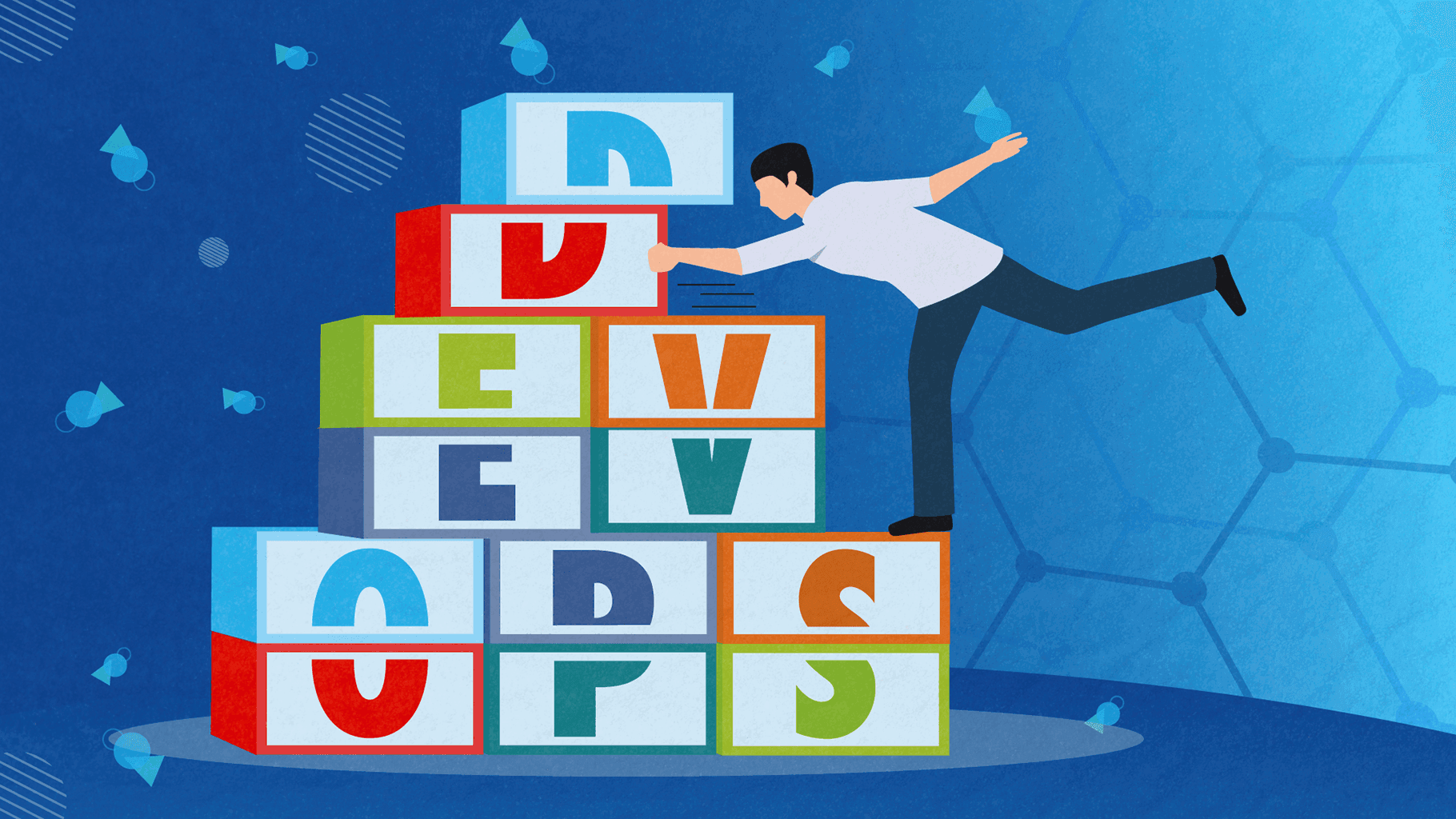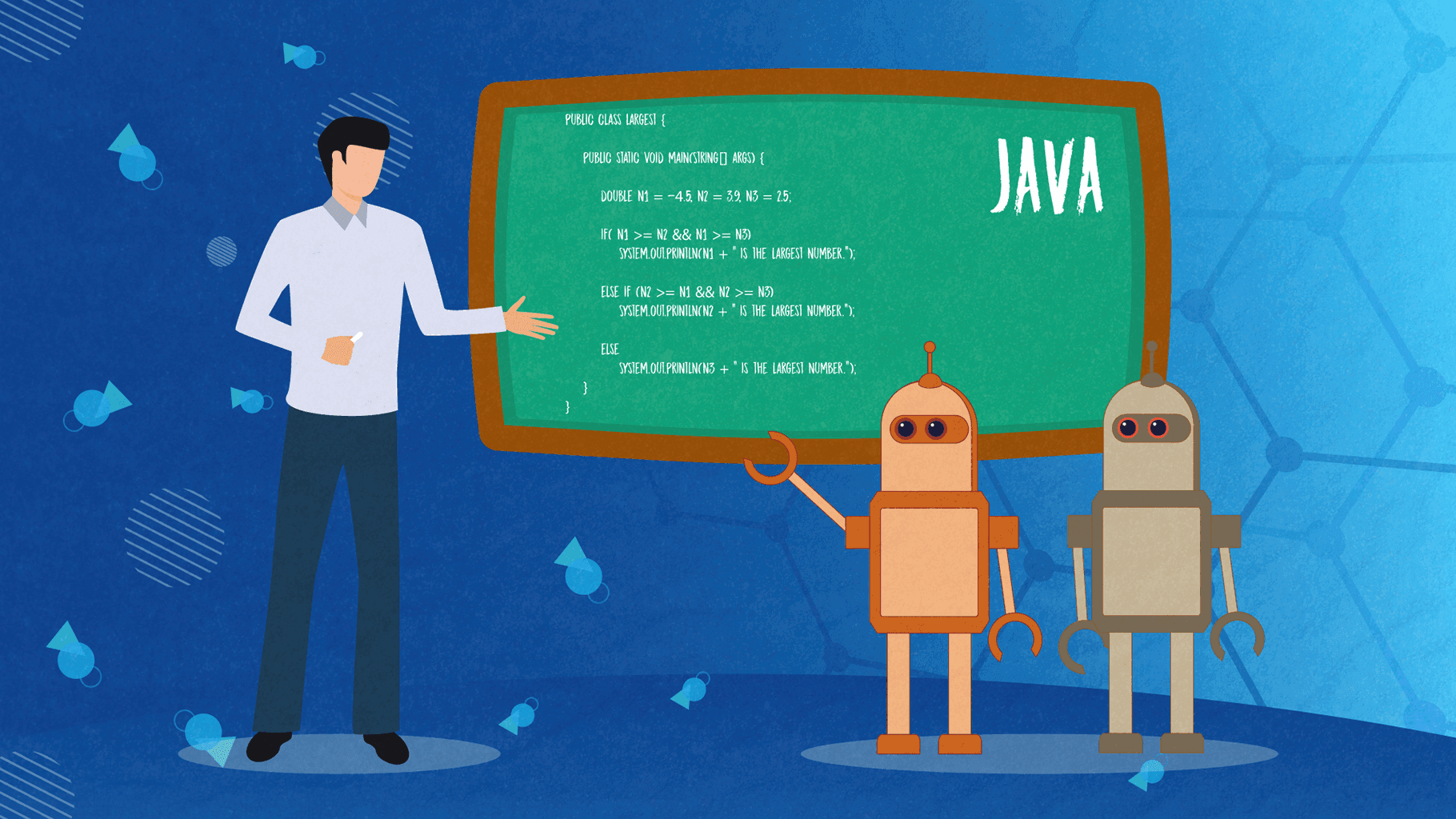5 Skills Every DevOps Engineer Must Have

We’re continuing to develop our DevOps knowledge base on the blog.
Two weeks ago, we covered the basics of DevOps. We wrote about what DevOps is, what are the main goals of a DevOps team, what tools do DevOps teams use, and more. In that article, we tried to introduce our audience to all the fundamental information they need to know to get started with DevOps.
Last week, we decided to go a bit deeper into the subject matter and explore where DevOps ranks among other modern process frameworks. We focused primarily on the differences between DevOps and Agile.
Since we touched upon the main objectives and skills needed to successfully operate in a DevOps and Agile-centric system, we decided right there and then to make this week’s post about that - competencies needed to successfully work in a DevOps team.
So, without unnecessary delay, here are the 7 skills needed to become a great DevOps engineer.
1. Executive Decision Making

The life of DevOps lead is certainly an exciting one, filled with quick decision-making.
To be successful at this job, you cannot be an indecisive person. Not even for a minute. A lot of people depend on your ability to quickly gather all the necessary information needed for you to provide them with actionable feedback on how to move forward, pivot, or implement change.
DevOps leads work in an ever-changing, hustle-heavy environment where decisions like how to fix any incoherent elements of the code carry a lot of weight. That’s why decisiveness is one of the key skills hiring managers look for when recruiting DevOps engineers.
If you don’t have those skills, we urge you to work on them before you apply to any DevOps-related position.
2. People Management Skills / Strong Communication Skills
This is a no-brainer. The main objective of every DevOps team is to improve the relationship between development and IT operations. By improving, people usually mean enabling better communication and collaboration between the two mentioned departments.
When developers and the operation team communicate with each other effectively, applications get created and deployed faster and smoother. Having good communication leads to fewer errors and therefore lower costs and improves the quality of the code.
Although “being an effective communicator and bridge between departments” may seem somewhat simple, this is never an easy job. The two departments operate often differently so the DevOps engineer needs to tackle a lot of bottlenecks in communication to successfully deploy the code and bridge the gap between the two units.
Apart from being detail-oriented, well-organized, and native in scripting and coding - a DevOps engineer also needs to be open-minded and collaborative to carry out the process successfully from start to finish.
So, if you’re thinking about working in a DevOps team, we highly advise you to work on your communication and project management skills. Be open to criticism, feedback, and embrace context switching as part of your daily routine.
3. Flexibility

Every developer will tell you the same: coding is a fluid, often unpredictable process. You start with a plan and then you tackle new challenges along the way. Regardless of how skilled you are, it’s important to accept the fact that this is an ever-changing process. Quite often, you’ll be forced to go back and iterate your work.
That said, DevOps engineers have to embrace this as a regular part of their routine and learn how to continuously develop and integrate new systems and operations into the code. A DevOps engineer must have flexible working skills and adapt to the changing code.
Integration, testing, releasing, deployment - these are all crucial responsibilities of a DevOps engineer so you have to be open to moving up and down the production line and tackling challenges along the way.
Continuous Integration, for example, requires the technical skills to manage change quickly and efficiently, as well as being able to work collaboratively in a team to guarantee everyone is working towards the same goal.
4. Cyber Security Skills
Yes, the core responsibility of a DevOps team is to improve and accelerate the development and deployment of code, but not at all costs.
It’s the DevOps team’s job to ensure that all the crucial components and changes are implemented as safely as possible.
When we try to accelerate development and deployment processes, this usually opens the product to risk. Therefore, as engineers, we have to open our eyes as much as possible and make sure that we’re protecting applications from unwanted attacks. In addition to that, we have to do our best to build systems that have defense mechanisms in place against common cybersecurity problems.
A DevOps engineer plays a key role here. It’s the engineer’s job to ensure that all the security systems are in place before even a line of code is written.
If security is not in place from the outset - the consequences can be hard to bear. The whole project can easily fall victim to cyber-attacks.
5. Understanding How to Read and Write Code

Since this job revolves around (among other things) improving the performance and deployment of code, a DevOps engineer needs to know how to read, write, and optimize code. JavaScript, Python, Perl, Ruby - it doesn’t really matter what specific code. To become successful in this business, you have to understand the core tool that you’re using to improve and accelerate the overall process of product creation.
If you don’t understand the fundamentals, you won’t be able to help others remove bottlenecks from their everyday work.
From writing manual code to replacing manual processes such as assigning IP addresses or DNS codes, there must be someone with the ability to write them and that’s what the perfect candidate should be able to do.
Over to You
Thank you for taking the time to read our latest article. We hope it helped you understand what skills are needed to become a successful DevOps engineer. If you have some questions about the information that was shared in this article and are looking for more information on this topic - feel free to send us a message here.
Our DevOps engineers are happy to talk to you and guide you in the right direction to build up specific skills that you might be lacking to grow into this role.